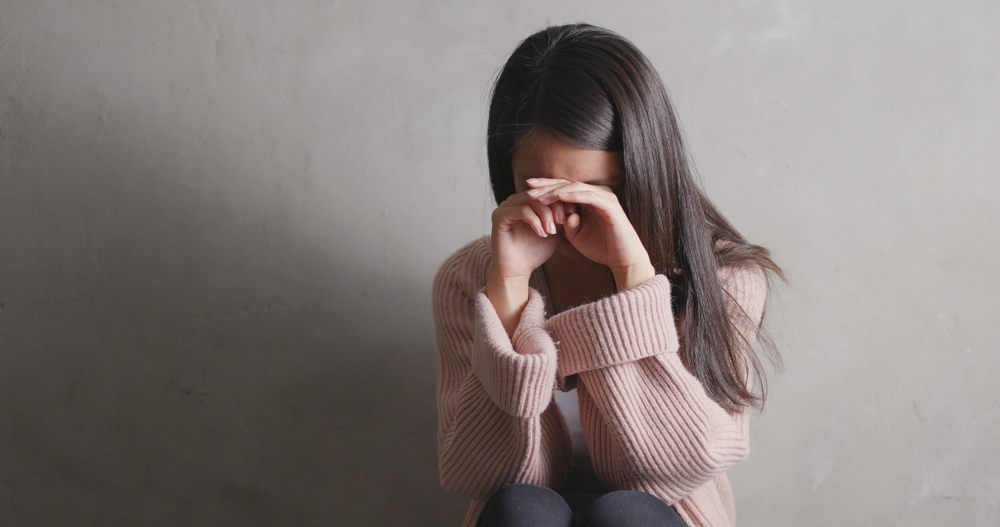Depression and Anxiety May Worsen Quality of Life, Lung Function of Patients with Pulmonary Sarcoidosis, Study Says

Depression and anxiety may worsen the quality of life and lung function of patients with pulmonary sarcoidosis, a study has found.
The findings of the study, “Psychological burden associated with worse clinical outcomes in sarcoidosis,” were published in the journal BMJ Open Respiratory Research.
Statistics indicate that 18% to 66% of patients diagnosed with sarcoidosis experience depression, and approximately a third (31% to 33%) struggle with anxiety. These values are higher than in the general population.
“In other chronic pulmonary illnesses, psychological symptoms are associated with lower health-related quality of life (HRQoL) independent of disease severity,” the researchers wrote. “Depressive symptoms have been correlated with lower HRQoL in patients with sarcoidosis; however, these studies have not evaluated the association while controlling for other factors such as disease severity.”
“Patients with sarcoidosis requiring treatment have higher rates of depressive symptoms and worse quality of life compared with asymptomatic patients, suggesting those requiring treatment should be evaluated separately,” the researchers added.
In the study, a team from Johns Hopkins University in Baltimore set out to investigate the possible link between the high prevalence of depression and anxiety and worse clinical outcomes in patients with pulmonary sarcoidosis requiring treatment.
“We hypothesized that psychological symptoms would be associated with an increased odds of healthcare utilization, worse HRQoL, and worse pulmonary function,” the investigators wrote.
The study involved a total of 112 adult patients (median age of 57 years) who had been diagnosed with pulmonary sarcoidosis, and were receiving treatment at the Johns Hopkins Sarcoidosis Clinic. The degree of anxiety, depression, healthcare utilization, and health-related quality of life were all evaluated through questionnaires that the participants were asked to complete.
Survey findings revealed that 34% of the patients enrolled in the study had mild depression, and 20% had moderate-to-severe depression. In addition, a fourth (25%) of the participants had mild anxiety, and 12% had moderate-to-severe anxiety.
Statistical analyses showed that patients who had moderate-to-severe depression or anxiety were more likely (8.87 times for those with depression, and 13.05 times for those with anxiety) to have visited the hospital’s emergency department in the last six months, and to have worse HRQoL, compared to those who had no symptoms of anxiety or depression.
In addition, the investigators found that patients who had moderate-to-severe depression tended to have worse lung function, as reflected by a lower carbon monoxide diffusion capacity, or DLCO (which measures the amount of oxygen that is transferred from the lungs to the blood), than those who had no symptoms of depression.
No clear associations were found between depressive or anxiety symptoms and the chances of hospitalization, or the scores of other parameters commonly used to evaluate lung function, including forced vital capacity and forced expiratory volume in one second.
“Our study confirms previous findings of high rates of psychological symptoms among sarcoidosis patients,” the researchers wrote. “Given the burden of psychological symptoms in sarcoidosis, and its associations with clinical outcomes, screening and treating for depression and anxiety may be especially important” in order to reduce acute healthcare utilization by patients and to improve their quality of life.
The researchers noted, however, that future studies are still needed to better understand the impact that depression and anxiety may have on clinical outcomes in patients with sarcoidosis.






